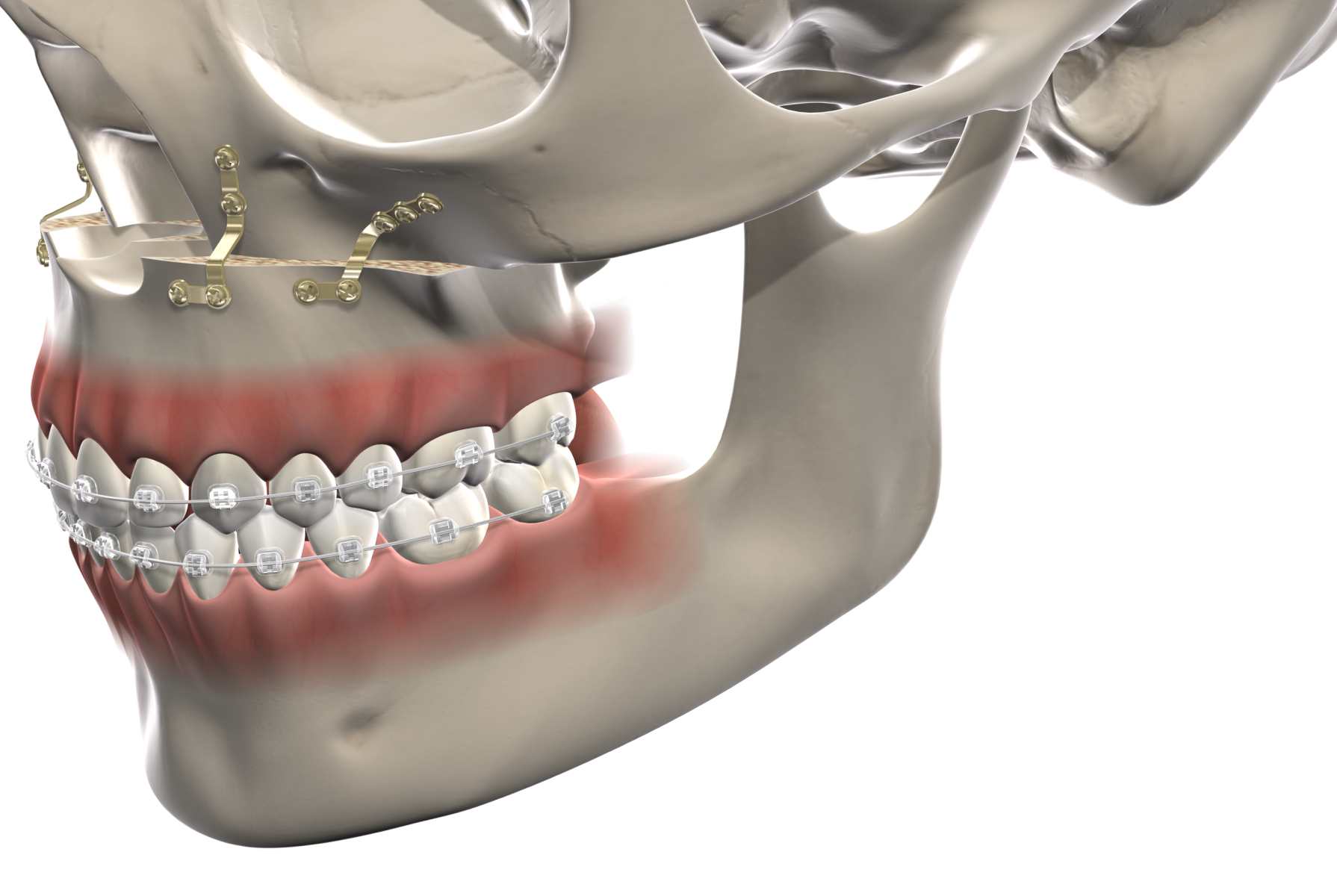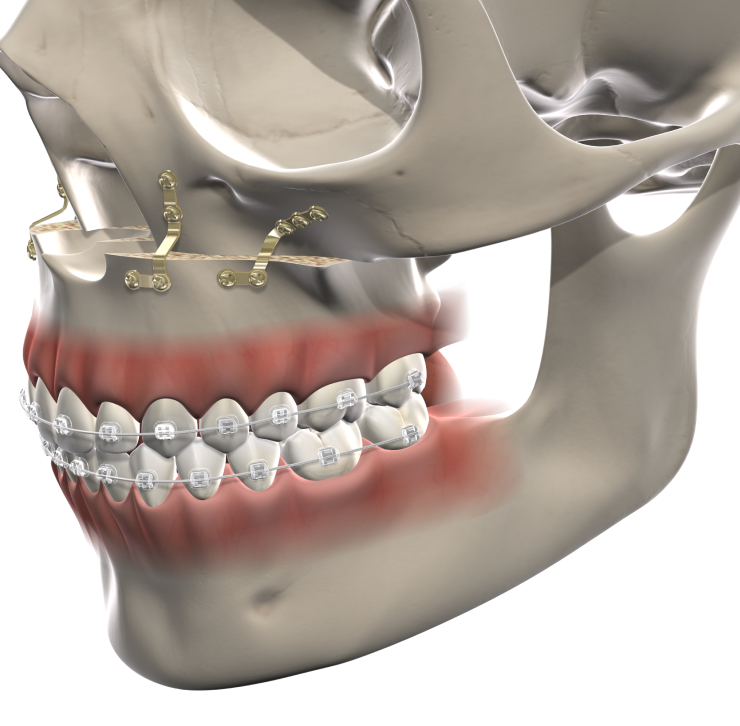Come to Michigan Oral Surgeons for Treatment
**If you have experienced a facial injury that is extensive, severe, and/or occurs after hours, please go to the nearest emergency room for prompt treatment by the oral surgeon on call.**Many vital functions, such as eating and breathing, occur due to the critical composition of the face. To ensure that facial trauma is treated properly, all patients should seek an educated and qualified oral and maxillofacial surgeon. Oral surgeons undergo extensive education and training to restore facial aesthetics and proportions, correct the functionality of the jaw, and replace missing or damaged teeth.
Facial Trauma Causes and Treatment
Some of the most common causes of facial trauma injuries include:
- Sports injuries
- Accidents in the home
- Work-related injuries
- Falls
- Motor vehicle accidents
- Physical assaults
The specific surgical procedure to treat an individual trauma is determined by assessing the area of the face that is injured and its severity. In some cases, multiple treatments are necessary. Some of the more commonly seen facial trauma injuries include:
- Fractured facial bones (cheek, nose, or eye socket)
- Fractured jaws (upper and lower jaw)
- Avulsed (knocked-out) teeth
- Facial lacerations
- Intraoral lacerations
Minor injuries, such as knocked out teeth or facial lacerations, may require dental implants or stitches. More serious incidents may involve a more complex approach with multiple treatments. No matter the severity, it is important to treat facial trauma cases as soon as possible to ensure that the mouth and face are fully restored.
Types of Anesthesia
There are three main types of anesthesia that we use at our practice:
Hear From Patients
We’re Here to Help
Have questions about facial trauma treatment? Want to schedule a consultation? Let us know by giving us a call or contacting us online.





